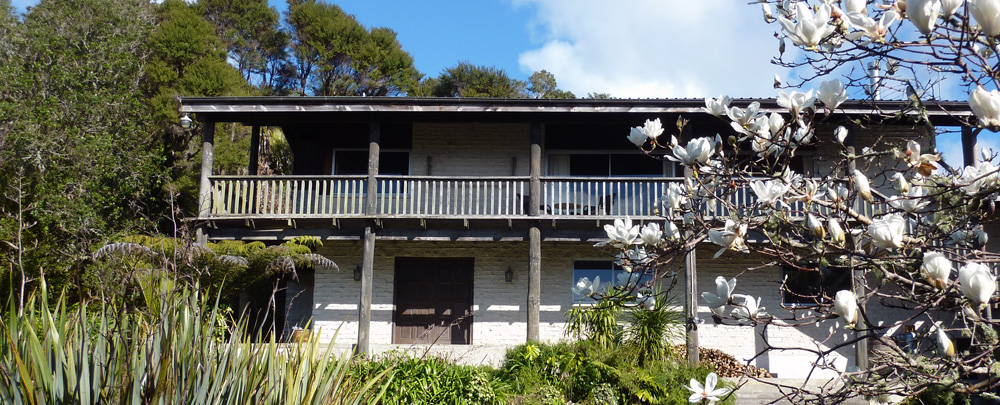Some people practice spirituality and gain rewarding insights that enrich their life. Some others see spirituality as a cliché pastime for people with limited logical reasoning capabilities. It can certainly be both.
On the positive side, spiritual practice can help us understand ourselves and our life on a deeper level. This understanding enables us to make more informed and more satisfying choices in life. For example – discovering what we really find meaningful and inspiring and choosing our occupation accordingly.
On the negative side, spiritual practice can be employed to distance ourselves from unpleasant aspects of life that we don’t want to deal with. This is usually done by adopting convenient but false beliefs, without honest and logical examination. For example – adopt a belief that “money is evil” and you don’t have to deal with wanting to be wealthy.
To put it simply, spirituality is a personal quest for truth. It is personal because everyone’s path is different – it starts from a different place and for different reasons.
A spiritual path often starts from suffering – when a person experiences strong negative emotions or lack of satisfaction in life. Or sometimes the world just doesn’t seem to make sense – it feels that something is quite wrong, but the person can’t put their finger on what it is, and this frustrates them. When the usual sources of information (schools, media, family) fail to provide satisfactory answers to such inner dilemma, people start looking elsewhere in hope that there are better answers to be found.
Once a person embarks on a spiritual path, they have two choices – to adopt a pre-made belief system, or to put together their own belief system.
There are plenty of “off-the-shelf” belief systems to be found – some old and widespread and some new. A key feature of many pre-made belief systems is that you cannot logically verify them to be true, or you are discouraged from doing so. These pre-made belief systems are usually composed of a mixture of true and false beliefs. They can be easy to adopt and often have communities of people around them which can provide good support. However, one can still end up confused and unsatisfied because some false beliefs are contained in these systems. Also, how does one know which belief system to adopt when a number of belief systems claim to be the only true one?
The second choice is putting together one’s own belief system by taking each new belief as a hypothesis and rigorously testing whether it is actually true or not. It is a much slower and more difficult process, often with less community support. However, each tested truth is worth many unverified beliefs, and the person slowly accumulates a treasure of real understanding. This person will still use pre-made belief systems, but differently – they will take the pre-made beliefs as a hypothesis and test if they are actually true. Thus they will “take the best and leave the rest”.
A paradox is that whether you like it or not, you have already adopted a pre-made belief system. Christian, atheist, free-market capitalist, democratic consumer, or whatever we inherit from our family, education and society are all belief systems that many of us have not thoroughly examined for truthfulness. It is easy to think that “other people have belief systems, while I see things how they really are”. Most “other people” think this about themselves too! There is nothing wrong with having unverified beliefs as long as our belief system gives us a satisfying experience of life. If that is the case, there may be no point in spending effort and energy to re-examine it.
Aside from belief systems, there are also spiritual practices such as meditation, tai chi, yoga and many others. Spiritual practices are designed to develop our abilities and help us on our spiritual path. They can help us gain deeper insight into our emotions, develop greater awareness of our physical body, train our mind to be calmer, cultivate our subtle energies, uncover more of our unique personality and gifts, etc.
My personal experience is mostly of the second approach. I have been on a spiritual path since my mid-teenage years and through twenties. I gained more understanding and inner peace, and there’s yet more to be found. Spirituality has become a big part of my life and following an intense career in business I’ve decided to step down, recover, and put my energy into what I consider most meaningful. My vision is to set up a venue for open-minded people who are on a spiritual path to practice together, learn from each other, and enjoy good company. I also want to share a few practices and techniques that I find enriching.
The venue will be called “Laingholm Eleven” and as the name suggests, located in Laingholm. It is a beautiful place surrounded by native bush and overlooking the harbour. To start with, I will be holding Tai Chi and Sunset Meditation sessions. Both are great practices and I will write about them next month. The opening date is currently set for 17th of October.
Meanwhile, I invite you to visit the web site – www.laingholm11.co.nz – where you can read about the upcoming sessions and post your comments about this article (both encouragement and criticism are welcome). I know that there are a number of spiritually-minded people in Laingholm and surrounding areas and I would love to receive feedback from those who are interested in this project.
PUBLISHED IN SEP 2012 ISSUE OF LAINGHOLM ROUNDABOUT.
